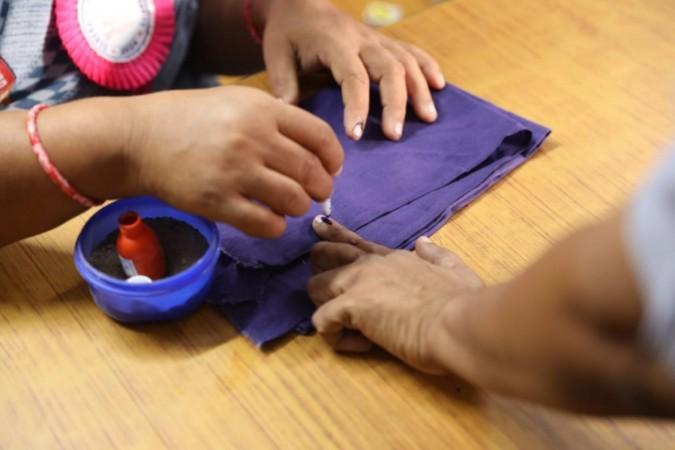
Adobe has released the India findings from Adobe's Future of Trust Report, which studied the public perceptions and sentiments of 2056 respondents from India (aged 18 and above) with grim results on the perception of AI and its societal impact amongst citizens.
According to Adobe, the objective of the study was to understand the "societal impact of generative AI and misinformation, which holds relevance considering the ongoing elections in India."
The study highlights a strong desire from consumers to have tools to verify the trustworthiness of digital content and the urgent need for proactive measures to address misinformation's potential impact on election integrity in the country.
What the study reveals
Misinformation: As misinformation campaigns and 'fake' news are becoming increasingly prevalent, global concerns are escalating.
- 81% of Indians fear that the content they consume online could be altered to fuel misinformation, while an equal percentage also said that it is becoming difficult to verify whether the content, they are consuming online is trustworthy.
- 45% of those surveyed said that they have stopped or limited their use of "specific social media due to the amount of misinformation on it'.
Election Integrity: The weardown in trust amongst Indian citizens with respect to misinformation, disinformation and other technology-related issues that impact elections is extremely high. In the absence of robust tools to help determine whether online content is true, the numbers are staggering.
- 86% believe that misinformation and harmful deepfakes will impact future elections.
- 82% believe that election candidates should be prohibited from using generative AI in their promotional content.
Solutions: The findings, however, are not completely bleak. Participants provided their inputs on what can be done in the future to improve:
- 94% believe that governments and technology companies should work together to protect election integrity against the detrimental effects of deepfakes and misinformation. "Most Indians consider the credibility of a source before sharing content online but also believe that having the tools and media literacy skills to verify whether a content is true is important."
- 92% believe that it is essential that they have the right tools to verify if online content is trustworthy.
- 93% agree that it is important to know if the content they are consuming is generated using AI.
- 94% of Indians say that children should be taught media literacy skills as part of their school curriculum.
AI and its Impact on Society
Recent global events like the G20 Brazil, which brought 'misinformation and disinformation' to the Summit agenda and the Seoul Safety Summit 2024 have pressed for AI and societal concerns to be taken more seriously.

The release of statements and policies in this regard by the Big Tech companies highlights the commitment of the private sector. A noteworthy private sector initiative here aimed at content credibility is 'The Coalition for Content Provenance and Authenticity (C2PA)'. This "is a Joint Development Foundation Project, with a group of like-minded companies, including Adobe, Google, Intel, Microsoft, BBC, Sony, Publicis and Truepic, to develop free open technical standards for authenticating digital content with a transparency/provenance-based approach – called Content Credentials."
This progressive study is an outcome of Adobe's commitment towards furthering the cause of responsible AI. Even though it covers a relatively small survey group, such studies will prove beneficial in helping governments and the private sector regulate AI more realistically in the future.
Need for the Study
Prativa Mohapatra, Vice President & Managing Director, Adobe India, has clearly identified the need for such a study. "We are excited about the potential for generative AI to enhance creativity and productivity, but it is also a transformational technology that demands thoughtful consideration of its societal impact."
The MD went on to state that "Our Future of Trust Study underscores the urgent need for media literacy campaigns to educate consumers about the dangers of deepfakes and to empower them with tools to discern fact from fiction. With the ongoing elections, now is the time to embrace protective technologies like Content Credentials to rebuild trust in the digital ecosystem."

















